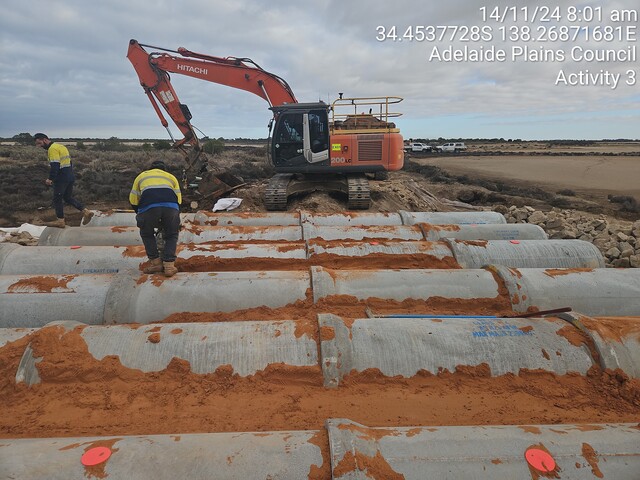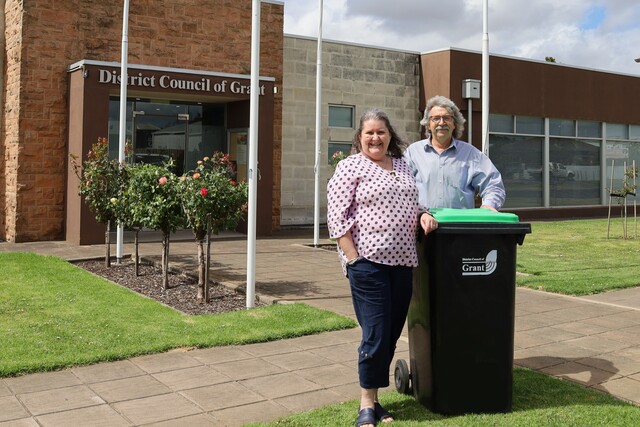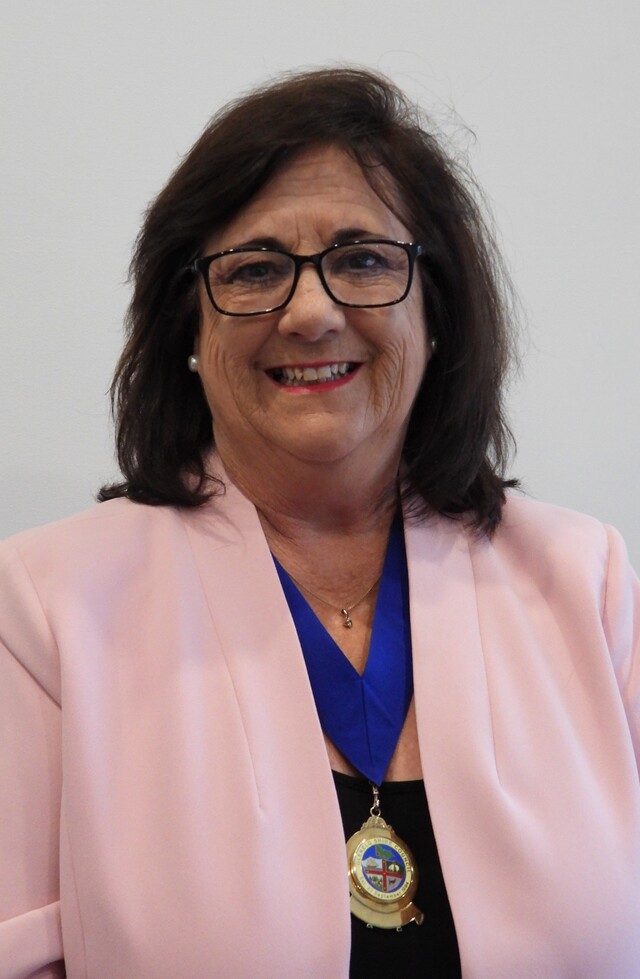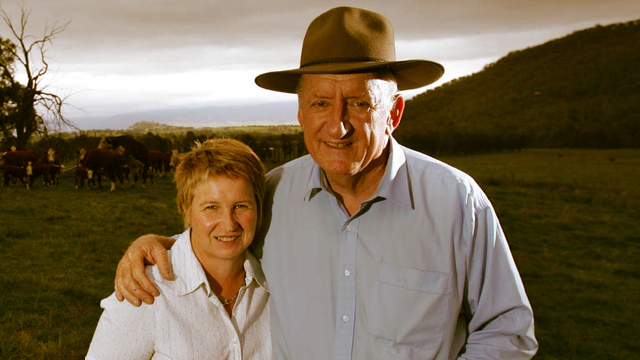In each edition we feature the views of a Local Government Association President. The following is from Councillor Lynn Mason, President of the Local Government Association of Tasmania.
I heard on the radio last week that a newspaper editor in regional Queensland decided that he would no longer accept vitriolic, malicious, unsubstantiated claims made by election candidates against others standing in the same contest. He was happy to print normal robust election debate, but claims of corruption, extra terrestrials, dog beating and allegations of littering at the State of Origin in 1985 would not be printed without proof.
Well, good for him, and thank goodness for him.
We know that Local Government is closest to the people. We know Local Government is a creature of the State. There is an energy that derives from the first circumstance, and a pressure inherent in the second, which leads to just the sort of fevered election activity which the good editor in Noosa decided to stop, at least in his patch. And there are other aspects imposed from above that add to the pressure on Local Government.
In Tasmania in 2000, the State Government introduced compulsory popular election for both mayors and deputy mayors in every municipality: the old system where most councils could choose to elect round the table, or by the public ballot box, was disallowed. Now the Government is proposing that the current system of half council elections every two years be changed to all in, all out, every three years.
This is probably the most divisive issue in the current Local Government Act reform agenda. Councils are not unanimously opposed to the move, although the majority do not want the change.
Within councils, mayors and deputy mayors who may have their terms increased by a year are smiling; Councillors and Aldermen who have lost a year are unhappy. Is it any wonder that the occasional Letter to the Editor sails close to the wind?
It is hard to see how the proposed changes are anything but destabilising. There are already a number of councils where the mayor is leading a minority faction within council, and with popular election of deputy mayor as well, there is a fair chance that the other powerful faction is led by the deputy mayor.
So far councils have drawn comfort from knowing that it’s only for two years, and it can be made to work for that time in the interests of community. An extra year suddenly looks like a very long time. The proposed changes, if enacted, must go hand in hand with re-education of elected members to enable them to cope with changing circumstances round the table and in the committee rooms.
It will need a greater level of political sophistication than many councils have, or want to have. And, interestingly, it will require greater political skills than those needed at State level, where the players are protected by a Party system, and where they still get to elect their own leader.
It makes you want to write a Letter to the Editor about State Government.







